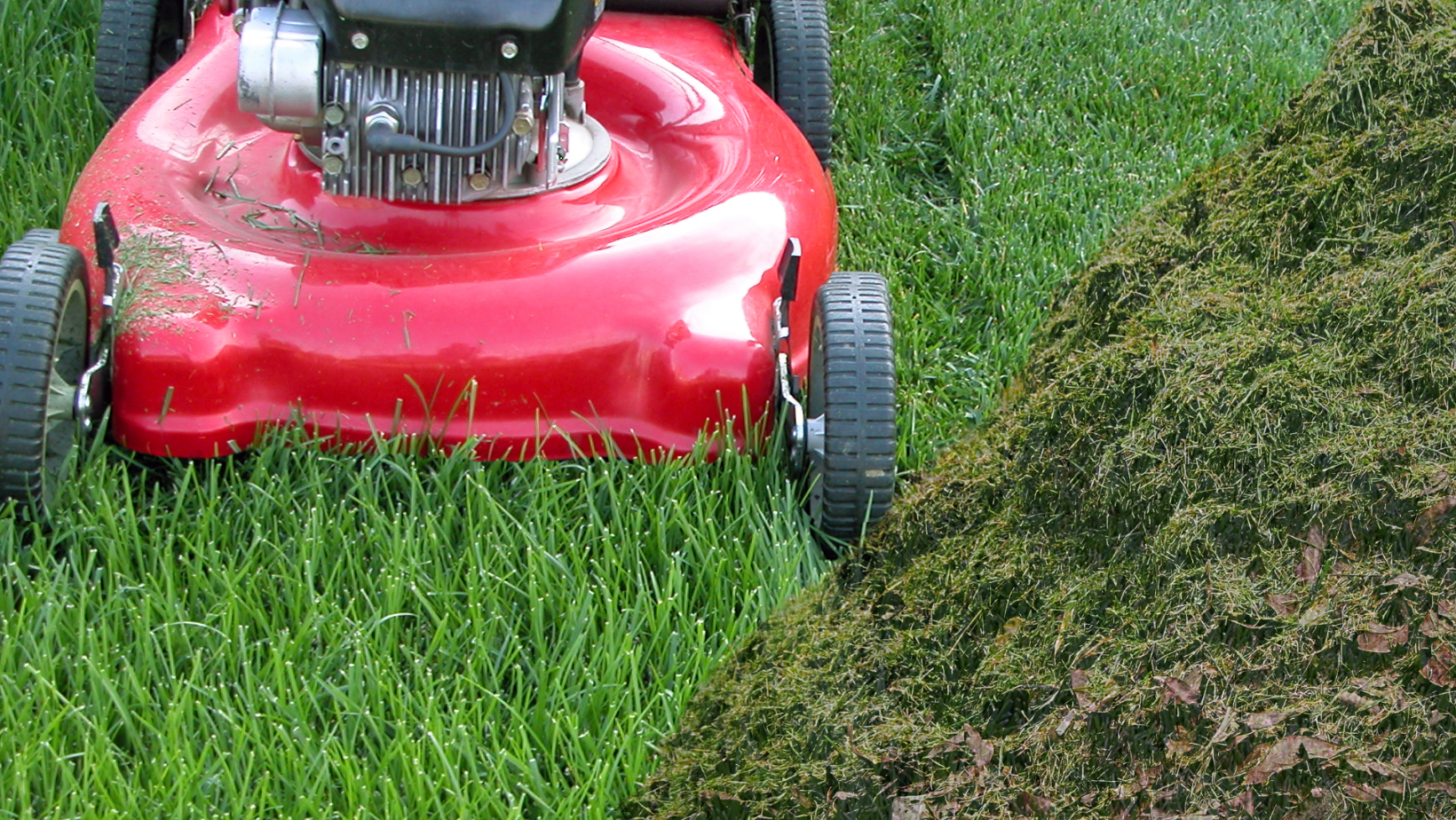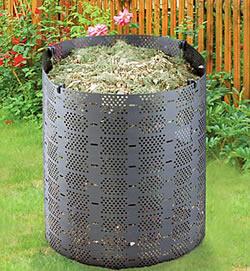Grasscycling Tips to Manage and Reduce Yard Waste

Grasscycling and composting, while often overlooked in waste reduction and recycling discussions, exemplify key principles in sustainability. Yard waste constitutes a significant portion of total waste, accounting for over 13% of national and Prince William County's waste output.
This simple and eco-friendly lawn care method serves as an effective waste reduction strategy. Moreover, embracing grasscycling confers time and cost savings to both residents and businesses by eliminating the need to collect and prepare clippings for disposal. This practice not only decreases water and fertilizer demands, mowing time, and expenses but also contributes to environmental preservation by reducing waste, conserving landfill space, and mitigating the environmental impact of excessive fertilizer use and its associated runoff.

WHAT IS GRASSCYCLING?
Grasscycling is an easy natural approach to maintaining a lawn and it is a great waste reduction practice that involves removing a lawnmowers collection bag, mowing the lawn and allowing grass clippings to naturally decompose into the yard.
Caution: If the mower does not have a safety flap that covers the bag chute opening or a plug for the chute, purchase a retrofit kit. Do not compromise the mower's safety systems.
Why are the benefits of grasscycled clippings?
By choosing to allow grass clippings to decompose naturally on a lawn or yard it will ensure essential nutrients are returned to the soil. Grasscycling in a since is another form of composting which is a natural recycling process which effectively manages waste generated in both residential and commercial landscaping.
However, composting accelerates more than the breakdown of cut grass, but the decomposition of other organic materials such as leaves, garden debris, and food scraps, which are transformed into a nutrient-rich and beneficial soil conditioner known as compost.

PRO TIP FOR MULCHING LEAVES
In addition to mowing the grass, mowing and mulching fallen leaves can provide even more nutrients to a lawn. Thus, if community members mow and mulch their grass and leaves, both organic materials will help lead to healthier yards.
However, if leaves must be collected for disposal, mow the leaves before you rake them, or collect the leaves in the lawnmower's bag. This simple step reduces the number of paper bags or containers needed for yard waste collection.
Do lawn clippings always need to decompose on the lawn?
The answer is no. Although it is not imperative to allow clippings to remain on the lawn, it can be the most effective way to allow a yard to gain consistent nutrients.

However, this process in not always the most tidy. If someone is looking to keep their lawn tidy while also practicing sustainable composting practices—the utilization of a compost bin may be an effective alternative.
Not only will it aid in maintaining a tidy lawn and garden, but compost bins allow for the storage of all organic materials both inside and outside of the home. These bins are readily available at local hardware stores, online retailers, and at the Prince William County Compost Facility.
As an added benefit, community members can use the composted material to enhance soil structure, promote soil cohesion and reduce erosion in their vegetable gardens, flower beds, lawns, and as a component in potting soil blends.
Regardless of whether grass clippings or mulched leaves decompose naturally into the soil or are collected in compost bins, residents and businesses can be confident that they are not only enhancing the beauty of their lawn or garden but also diverting waste from the landfill.
To learn more about the preparation of yard waste for collection visit www.pwcva.gov/yardwaste. To learn more about guidelines for disposal at the Prince William County Landfill and Compost Facility, please visit www.pwcva.gov/trashandrecycling. More helpful information regarding mowing height, watering or lawn management or environmental sustainability can be found by visiting the Virginia Cooperative Extension webpage: www.ext.vt.edu or Prince William County's Digital Library pwcgov.org/digitallibrary.